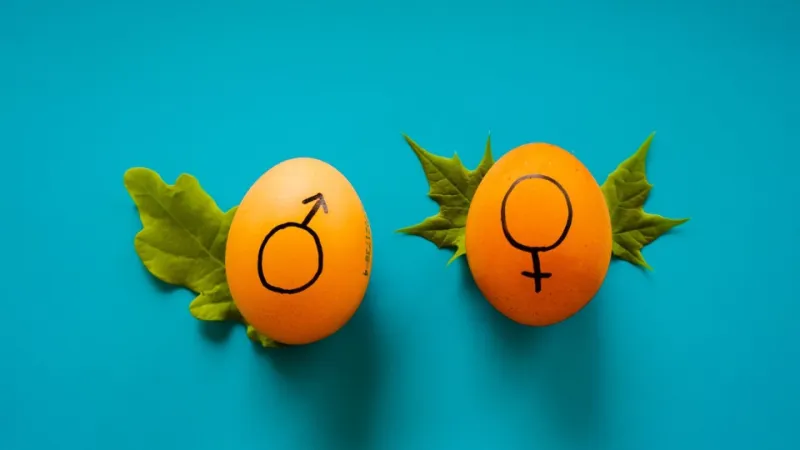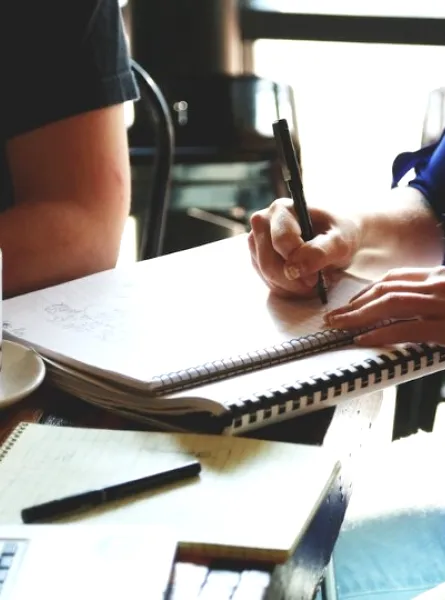
When you think of a rice cake, it sounds feminine, doesn't it? How about barbecue? It sounds rather masculine. Our perception of what we eat is necessarily gendered and food is unfortunately not exempt from gender stereotypes*.
Stereotypes: everywhere!
Gender stereotypes affect nutrition everywhere. Whether it's about a certain food (yogurt or meat), micronutrients (proteins), cooking methods (barbecue!) or beverages (whiskey for example), it is everywhere. Nutritional claims are not exempt from this either: "low in fat" is often associated with women, while men are more concerned with "high in proteins". However, it is important to remember that food is not gendered in any way!
An ideal of femininity and masculinity
Gender stereotypes are a social construction. It is our society that has decided that pink is typically associated with femininity and blue with masculinity. It's not surprising that food is no exception! The culture in which we live also dictates what is respectable for a woman and for a man to eat. It refers to an ideal of femininity and masculinity. Women must eat light foods, sensual foods (we only have to think of yogurt or chocolate ads). Women must also try to be slim and restrict their food consumption. On the other hand, men must eat much more and eat rich foods that give them strength and make them masculine!
We are what we eat?
"Magic eating" is believing that the so-called properties of the ingested food will automatically be transferred to the person who consumes it. Of course, this is not supported by science. However, this kind of discourse has a prominent place in our daily lives: the ingredients of low-fat yogurt supposedly make us lose weight, while meat supposedly makes us stronger. Green juice and its vitamins detoxify us, not to mention oysters that are aphrodisiacs. We must be able to recognize those claims!
Although stereotypes about food can sometimes go unnoticed, it is important to be aware of them. We shouldn't stop ourselves from eating what we enjoy in order to fit the beauty ideals of diet culture, not even to fit gender norms! The internal signals our bodies send us should take precedence over what we decide to eat, whenever possible. So no matter what gender we are, let’s eat what we feel like!
To learn more, episodes 46 and 51 of the French podcast On s'appelle et on déjeune deals with the myths and gender stereotypes associated with food! For the more seasoned reader, Nora Bouazzouni's essay Steaksisme is an excellent book to discover!
*It is important to recognize that discussions about sex and gender can raise many emotions, questions and debates for some people. This article was written from an informational perspective, but we recognize that it can all be fluid and that it is important to discuss.





